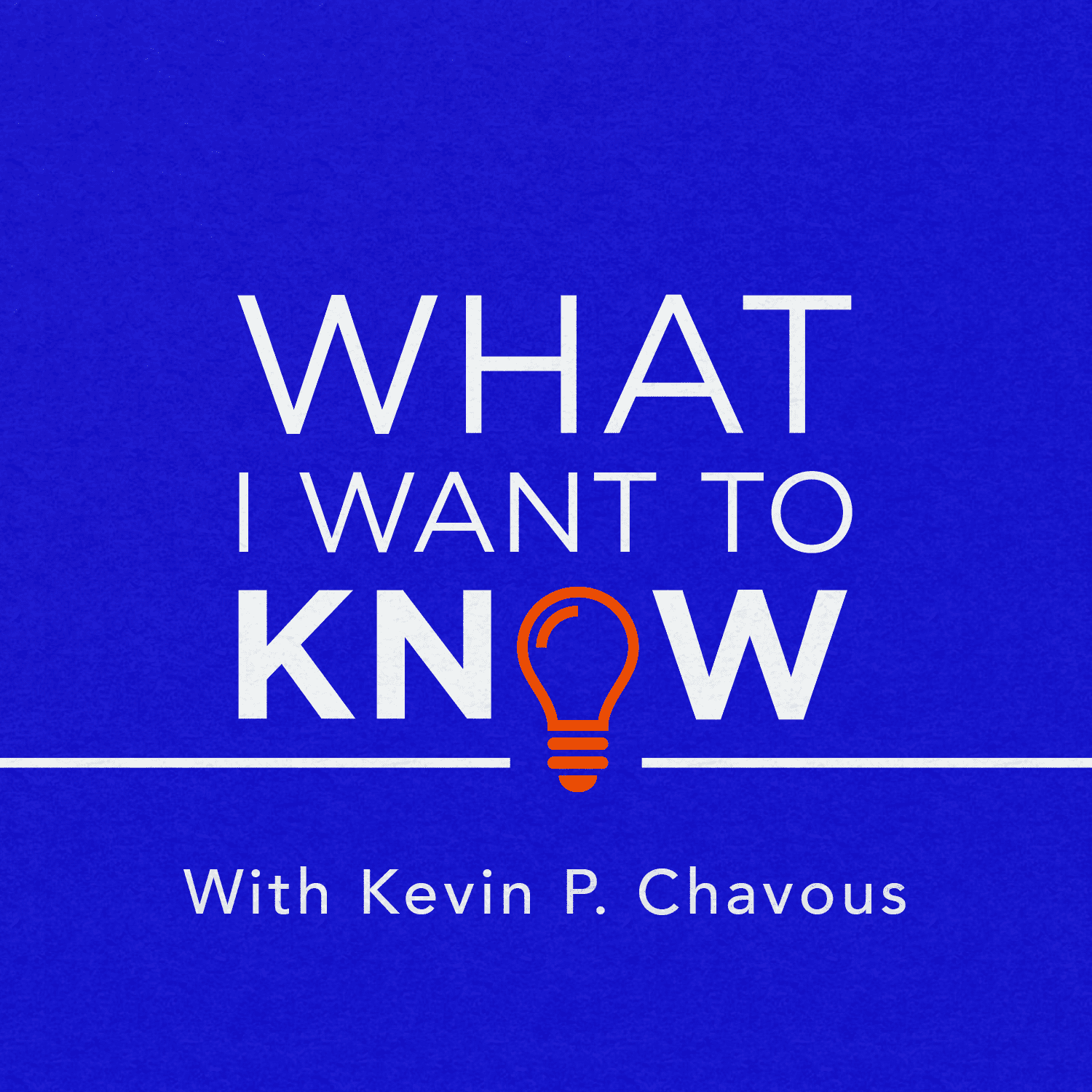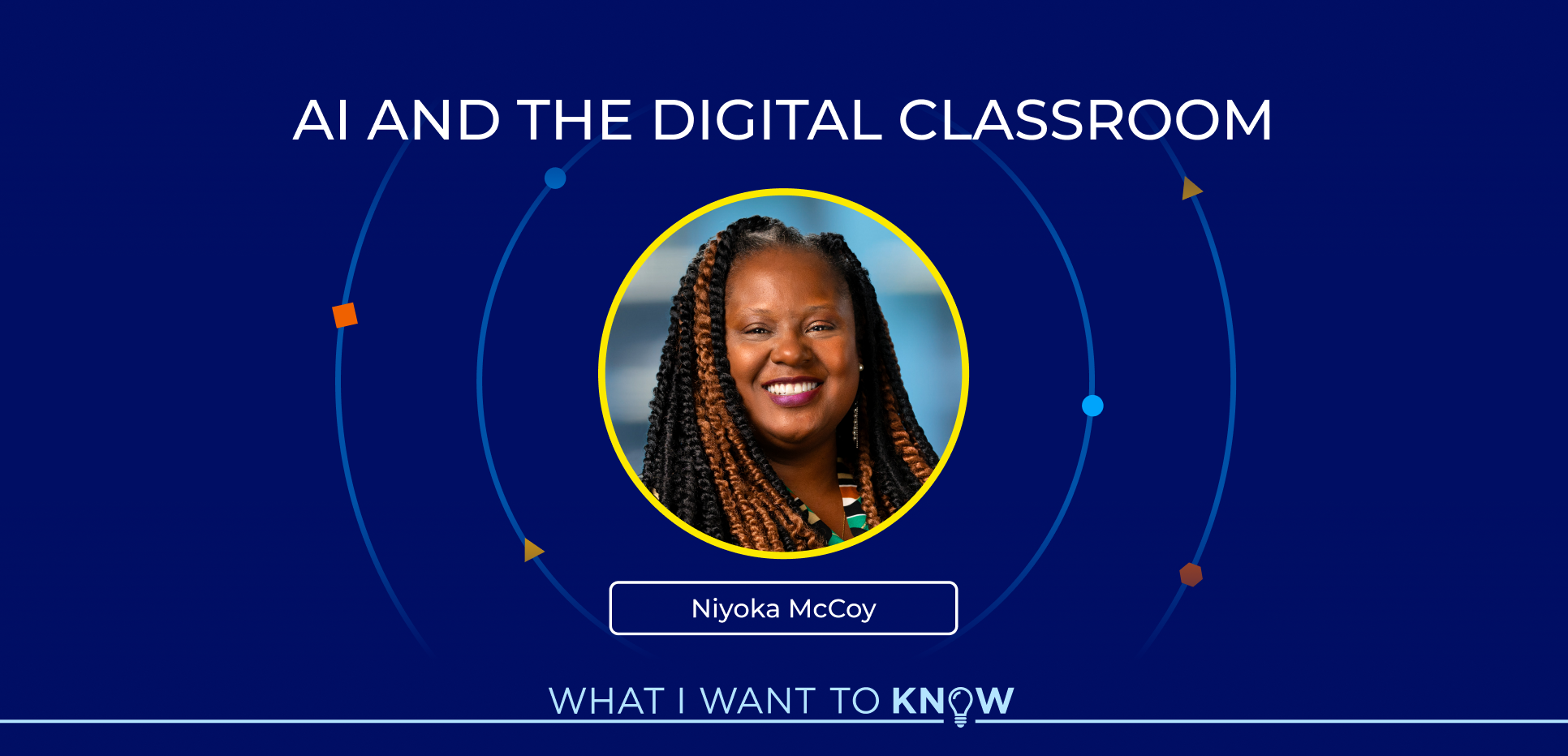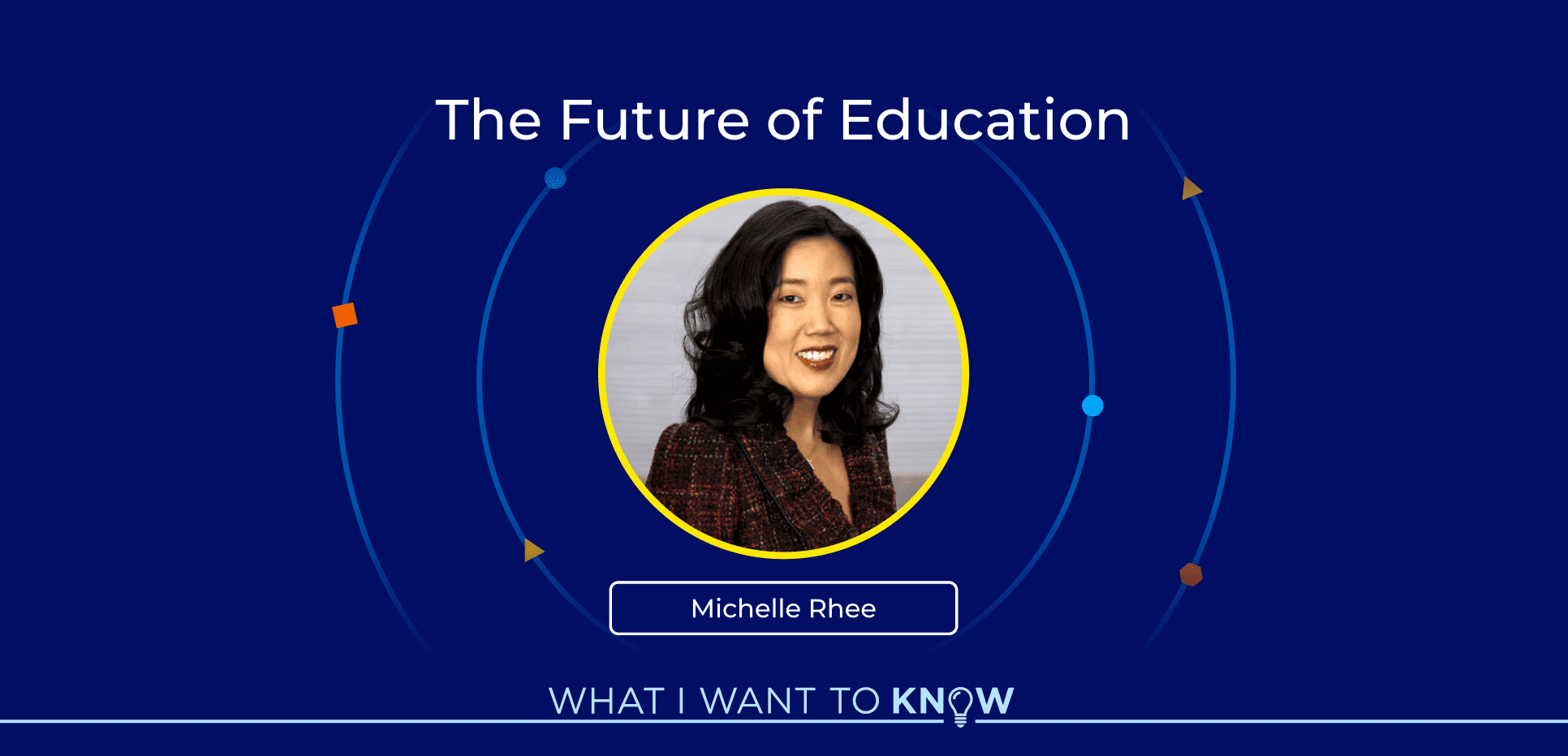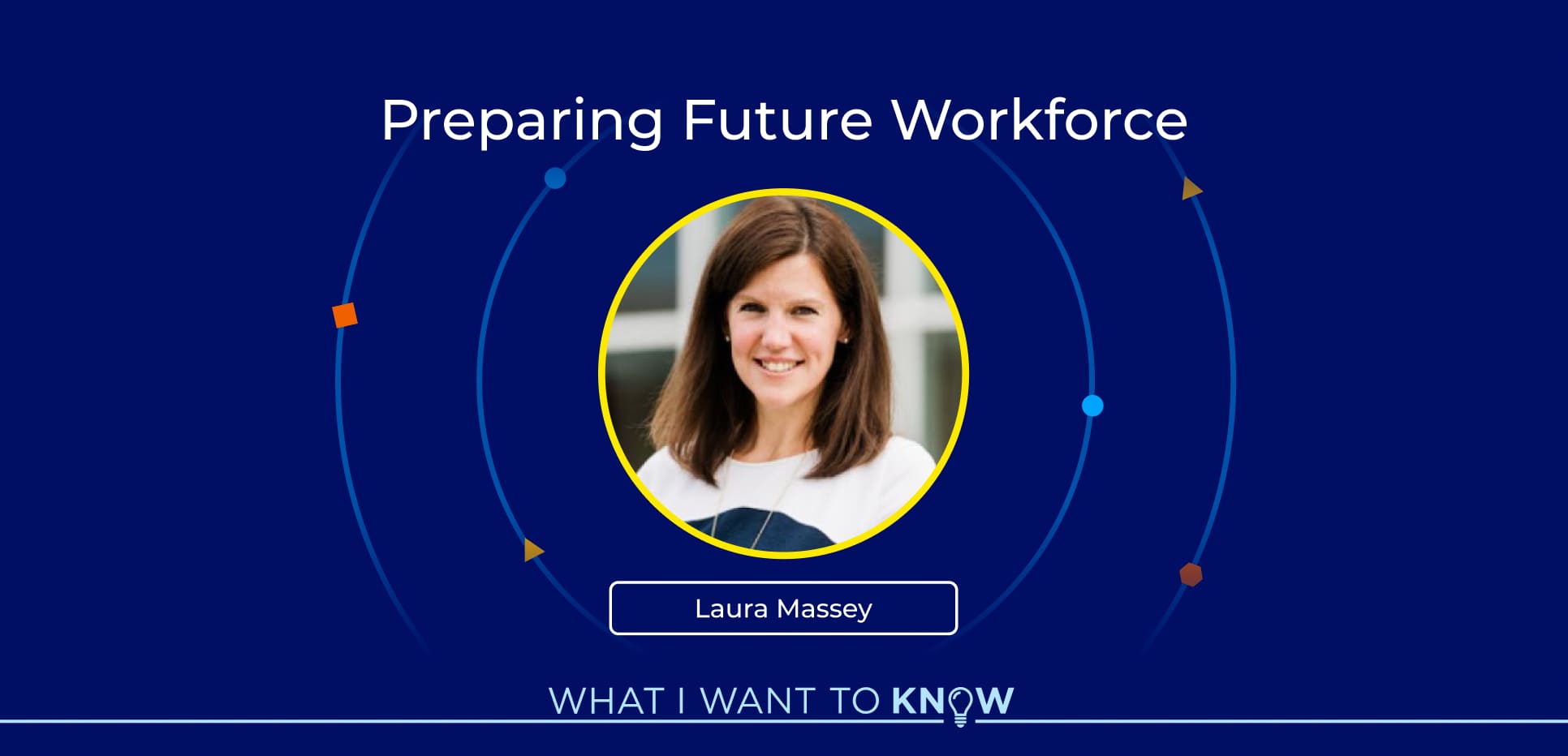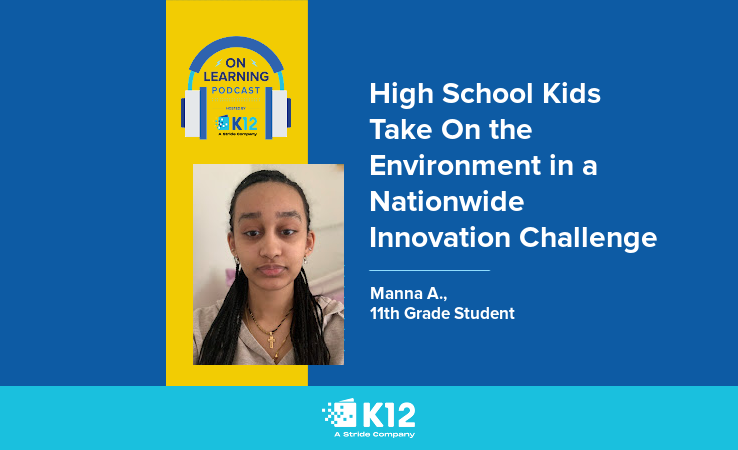
In this podcast, Stride and the Nature Conservancy teamed up and invited students nationwide… from any school, anywhere… to join in on the first-ever Stride Innovation Challenge! The Nature Conservancy is a global environmental nonprofit working to create a world where people and nature can thrive. The theme for this inaugural event was “My Planet, My Neighborhood,” which asked students to consider solutions for today’s most complex environmental issues.
Listen to the Full Audio
Transcript
“The Nature Conservancy provided their expertise in science to help students with their projects, and also helped judge the winning entries. It was a successful experience!” ~ Heidi Higgins
(Transcript available below)
START OF TRANSCRIPT
Heidi Higgins: Hi there. I’m Heidi Higgins, and you are listening to K12 On Learning. I was most impressed when Stride and The Nature Conservancy teamed up and invited students nationwide from any school, anywhere, to join in on the first ever Stride Innovation Challenge. Now, The Nature Conservancy is a global environmental nonprofit working to create a world where people and nature can thrive, and so, working with Stride, they came up with a theme for this inaugural event. It was My Planet, My Neighborhood, which asked students to consider solutions for today’s most complex environmental issues. Students were invited to identify environmental challenges in their communities, or nationally, or globally, and propose innovative solutions that consider implementation, creativity, and impact.
The Nature Conservancy provided their expertise in science to help students with their project and also help judge the winning entries. It was a successful experience. More than 400 entries came in from across the country, and this national challenge involved some big time prizes, too. Nine student projects were selected to receive an all-expense paid trip to the Washington DC area, where they presented their ideas in front of a panel of educators and leaders from Stride and The Nature Conservancy.
This week, I had an opportunity to catch up with one of those young innovators who was part of a trio team selected as finalists. Although not the winner of the competition, Manna A., an 11th grader from Arizona, said she felt like a winner for having had the experience of developing an idea and seeing it through as well as winning a trip of a lifetime. I thought you might enjoy hearing about her experience as she participated in this national innovation challenge.
Manna A.: My name is Manna A. I am in 11th grade, from Phoenix, Arizona.
Heidi Higgins: Thank you, Manna, and welcome. Can you tell us when you first heard about this innovation challenge and why you decided you wanted to do it?
Manna A.: My chemistry teacher introduced this idea, the innovation challenge, and she said, “I will be giving you honors credit if you do this, or you can do another project.” I was like, “Okay.” Then two of my other friends are in the group, Chloe and TJ. They also decided to do it. So I was like, “Why don’t we just do it together?” It took around two weeks to come up with an idea to write a full essay and to submit it. So initially I wanted to do this project because I wanted honors credits.
Heidi Higgins: That’s great, Manna. Yeah, you do whatever you can when honors credit is on the line.
Manna A.: Yeah.
Heidi Higgins: What was it like to start working with a group on such a big project?
Manna A.: During those times, it was kind of hard because of school and homework. So we decided to brainstorm in a Google Doc where me and TJ and Chloe would brainstorm our ideas, bullet point any good ideas that we have, and elaborate. By that, we were able to come up with a solid idea that is good, and then we also present it to our teachers to see what they think as well, and if there’s any suggestions.
Heidi Higgins: Were the teachers able to give you some good input?
Manna A.: Oh, yeah. Oh, yes, they were. Definitely. They gave us input, solid input, like, “What if this happens, or what if any malfunctions happen?” So that’s why we were able to create a what if section for our project. So what if something were to happen and also a solution. They also pointed out grammatical errors and we would fix it.
Heidi Higgins: Teachers can really have an impact. They’re there for a reason. So I’m glad you turned to them. What other things happened as you developed your group?
Manna A.: It was really hard. We would be able to talk with each other during class, and then we would ask the teachers. So we would do the work in advance, and then we would ask teachers to put us in a breakout room so we can talk, and then there was also peer collaboration, which is a session where students get to talk and do the work together. So that really helped us when we had to communicate with each other.
Heidi Higgins: I like that. How did your personalities blend? Did they work pretty good? Did you divide the work evenly? Was the group challenging? What about that part?
Manna A.: We worked based on each other’s personalities. So TJ was really good at explaining the what ifs and solutions, what ifs. I was really good at explaining the technical component. So we were trying to make a solar trash can, and I was really good at making the 3D models we had to make, as well as explaining what does a solar trash can do, and the inner components. Chloe was really good at introducing her project and how the world needs our products.
Heidi Higgins: Utilizing each other’s strengths was brilliant. You saw the strengths, you divided it up accordingly. That is an outstanding way to run a group project. Manna, you can still see these presentations, all five hours of the innovation challenge on K12 Corporate Facebook account. So Manna, what is something you wish you had known before you got into the project?
Manna A.: It’s not as hard as I thought. I guess in the beginning, I was extremely scared to go in front of the judges and explain our project and present and answer the questions. I wish I would’ve known the questions were okay. I thought before, it was going to be harsh, very, very harsh questions, but it wasn’t. I guess I focused too much on the questions rather than focusing on aspects, like more aspects of the solar trash cans.
Heidi Higgins: Fear and the unknown are such roadblocks as we prepare presentations, and especially for first beginning to learn to do this public speaking. I really appreciated that Stride’s CEO, James Rhyu, took some time at the beginning to share some of his struggles that he has with fear and public speaking. I thought it was encouraging that he said, “Just come up here and have some fun.” He lightened the load just a little bit.
James Rhyu: I’m going to tell you a little bit about me first and then I’m going to talk a little about this competition. The reason why I wanted to talk a little bit about me is because I suspect some of you may be in the exact same position that I’m in, which is I am scared of public speaking. I have a fear of public speaking. If you were to come up here and hold my hand, you would feel that it is wet, cold, and clammy because I’m scared. I have been public speaking for over 30 years and the only way you can get better at it and overcome your fear is to practice. You have nothing to be scared of here. This is a safe place for us. You’re finalists in a competition that had over 400 entries. You’re all winners. You’ve all made it.
So you should come up here and have a little fun. You’re doing this because you want to do it. Hopefully you’re all here because you wanted to be here. So have fun with it. Enjoy it. Enjoy this moment. You won’t have a lot of opportunities in your life to do things like this. So take them and enjoy them. Have fun, meet each other. You get to meet some new people and you get a chance to practice public speaking. It’s a skill that will serve you well for the rest of your life. So please enjoy the moment.
Heidi Higgins: What did you learn in the process of preparing your presentation? You told me about you had to prepare the form, you had to prepare the topic, you had to get into it pretty deep with your partners. Is there something that you learned in that process that will be a benefit to you going forward?
Manna A.: Researching, jotting down key points, key elements, and the whole project, since October to April, I had to research. I had to research day and night, through holidays, through weekends. I had to completely research and give my undivided attention to that project. It really helped me because I was really bad at researching. I would only look at Wikipedia, and that’s not a valid source. I need to look at other sources. So I learned how to really research.
Heidi Higgins: I like that. Learning how to research will only help your life going forward.
Manna A.: Yeah.
Heidi Higgins: This next year or two, well, the next many years probably you’ll be doing lots of researching. So what a great time to learn it. Well, we put our listeners off long enough to let them know what your project is. I’m going to play a clip from the innovation challenge itself where you and partners are beginning to explain what your project involved.
Manna A.: Innovation is about creativity, problem solving, and working together, thing our planet needs more than ever before. James Rue, CEO of Stride. In our project, we use creativity and problem solving to tackle litter and to also bring people together to save the environment. That being said, here is our project. Introducing the Environmental Central app, where we engage our users for helping the environment. The world is turning into a cyber universe. Everyone is starting to rely on the internet for entertainment, daily tasks, et cetera. So why don’t we use the technology we have to help the environment? We have created a innovative app, solar powered trash can, and community gardens that will cater to both us and the world.
Heidi Higgins: It sounds like you created quite a few innovative solutions.
Manna A.: So first, we created many things, but one, we created a solar trash can and this is a trashcan that is solar powered. The reason why it’s solar is because we want to pay our users to throw away trash. So they’ll be encouraged to throw away trash and stop littering and also help the environment, get paid to help the environment, basically.
Heidi Higgins: What a wonderful idea. Can you tell us how you found out that your group was selected as a finalist and that you had won the trip to DC?
Manna A.: Oh, my gosh. You are in far a ride. I’m telling you. So we were on a call and so we had to present in February. It was in the beginning of February, we had to present, and then the judges had to decide whether we are eligible to go to Washington DC. So it was a couple weeks after. It was almost in the beginning of April. I was on a call, Google Meets on a computer with Chloe and TJ, and we were just talking about life, and then we came up to this topic, like what if we went to Washington DC? That would be crazy, and then TJ looked at her emails, and she’s like, “Shut up, shut up. Stop, stop. Be quiet, be quiet. I see an email from Mr. Gonzalez.”
She opened it and then there was a video. They were announcing the winning contestants to go to Washington DC. We were the last ones, and it felt like a million years, and I was like, “We’re not going to get in. We are not going to get in.” Me and Chloe were like, “We are not going to get in.” TJ had her hopes, but I gave up because we were the last ones and I just, no, I didn’t want to get my hopes up, you know? Then we saw our names and then we yelled. I was crying. We were screaming and I’m still shaking because I never thought I would go to Washington DC.
Heidi Higgins: Well, what a treat, and the fact that you were already speaking together is very cool.
Manna A.: [inaudible 00:12:12]
Heidi Higgins: Yes. That’s very nice. So tell me about your trip to DC.
Manna A.: It was amazing. I’m telling you, and this is one of the first times where someone had to pay for our ticket, and so we got a guaranteed seat because my dad, since he worked at an airline, we would get standby. So it wasn’t guaranteed. We went on the plane. We went straight from Phoenix to Washington DC and then right after, we had to get our luggage, right after the plane ride, a limo, a limo, it was a limo, personally. It wasn’t with Chloe or with TJ. It was for each family. I’m still shaking because I’ve never, never done that before.
Then he picked us up. In fact, he grabbed me luggage. He’s like, “Let me grab that for you,” and he walked us out. He had an umbrella because it was raining that day. I felt like a celebrity. I felt like a celebrity. He walked us, I don’t know, from the airport to the hotel. It was a smooth ride. I loved it. I loved it. The hotel was amazing. The view was amazing from the hotel. At night, dinner was paid for. Food there was amazing and it was just such a good time. I really wanted to stay there because it felt like heaven.
Heidi Higgins: Did you see anything in your travels that you hadn’t seen before that surprised you?
Manna A.: I learned that the area’s really green. DC is very green. I’m used to desert because I live in a desert from Phoenix. Then when I went there, I was like, “Wow, it’s so green. There’s trees everywhere. The soil is brown, and it was just trees everywhere. I’ve never really seen this before.” It was really green. We had a great time.
Heidi Higgins: So did you go away encouraged and empowered?
Manna A.: Yes, of course. That whole experience itself was really empowering. I’ve never really felt empowered in a way. I’ve never been on a trip to present to judges and we met the CEO and he was really amazed by all of our presentation. He was like, “I have great hopes for this generation because of the amount of hard work you guys put in and your creative ideas.” I found out for myself that I am an asset or I’m a value to this generation.
Heidi Higgins: I wanted to play another clip from Mr. James Rhyu, the CEO of Stride, about why they did this innovation challenge nationwide, open to all students anywhere, any school.
James Rhyu: The way that we as a company will move forward, I think the way that we as a country will move forward, our society will move forward, is predicated on opening up and expanding the opportunities in front of us that will be presented by young people like you. I am not going to come up with the next idea, but people like you will be. We have to open ourselves up to explore those opportunities that you will provide us. That’s what this is about, is exploring those things. I’ve taken a look at some of the presentations. I can tell you I was blown away. They’re great ideas. They’re all great ideas. So this is for me kind of the start of what I hope will be the direction of the strategy for this company, which is to have a much broader appeal, to be a more mainstream company, to open up the opportunities for young adults like yourselves, in whatever path you guys take, whether that’s an educational path, a career path, whatever path that is, and to open up those opportunities for all of you.
I know some of you here are not from a program that we manage and that really excites me. So I’m really happy to hear. We had a bunch of entries from people that weren’t in programs that we manage and I think that we need to do more of that, open up these competitions, but I think we can serve our communities in a lot of different ways. This is one of them. Partnering with organizations like the Nature Conservancy helps us to do that. They bring a different perspective to these types of events for us. They encourage us to think past what we do every day. So I really want to thank the Nature Conservancy for participating with us in this.
Heidi Higgins: What would you say to the next year’s entrepreneurs?
Manna A.: Don’t be afraid. Don’t be afraid to put your ideas out. Don’t be afraid to work hard and just have fun. Really consult your teachers. What really helped our group was consulting our teachers, asking our teachers for help. Don’t be afraid to ask for help. You might think, oh, this is a competition. I can’t ask for help. You can ask for help and please ask for help.
Heidi Higgins: Thank you, Manna, and congratulations on your success. We wish you well in this upcoming senior year and look forward to hearing more about how you’re going to continue growing your project. Before I leave you with the credits today, I’m going to play the spot that was created about this innovation challenge.
Speaker 5: Miniature environmental preserves.
Speaker 4: Isabella Garcia.
Speaker 6: Oyster mushroom, how I’ve been starting ecosystems.
Speaker 4: Kyler Lambert.
Speaker 7: [inaudible 00:18:35] highway plates, the nonstop flow of traffic should generate electricity.
Speaker 4: Kyrie [inaudible 00:18:39].
Speaker 8: It covers all the essentials to help combat your period.
Speaker 4: Wesley Chen.
Speaker 9: A metaverse for climate change.
Speaker 4: [inaudible 00:18:47] Goldberry.
Speaker 10: [inaudible 00:18:48] paint product with the benefits of graphite in it.
Speaker 4: Vonnie Remesh.
Speaker 11: [inaudible 00:18:54] to make it easy for them to make small changes in their life that result in a big change.
Speaker 4: Vivian Simpson.
Speaker 12: Reducing plastic pollution in our [inaudible 00:19:02].
Speaker 4: And Chloe Silversteen, Manna Asfa, and Tori Martin.
Speaker 2: Electrical trash cans that give you points.
Speaker 4: Thank you to all of the students who participated and congratulations to our finalists.
Heidi Higgins: Thank you for listening to K12 On Learning, sponsored by Stride. To learn more about online public schools powered by K12, Stride career prep programs that foster lifelong learning, or any of the private school or individual course offerings, please to go stridelearning.com or k12.com. Special thanks [inaudible 00:19:45] Studios for providing the music for us. Remember to subscribe to this podcast and feel free to leave us a good review. We hope you’ll join us next time, from K12 On Learning.
END OF TRANSCRIPT

Meet a Leader in online education.
See why over two million students have chosen Stride K12-powered schools.



